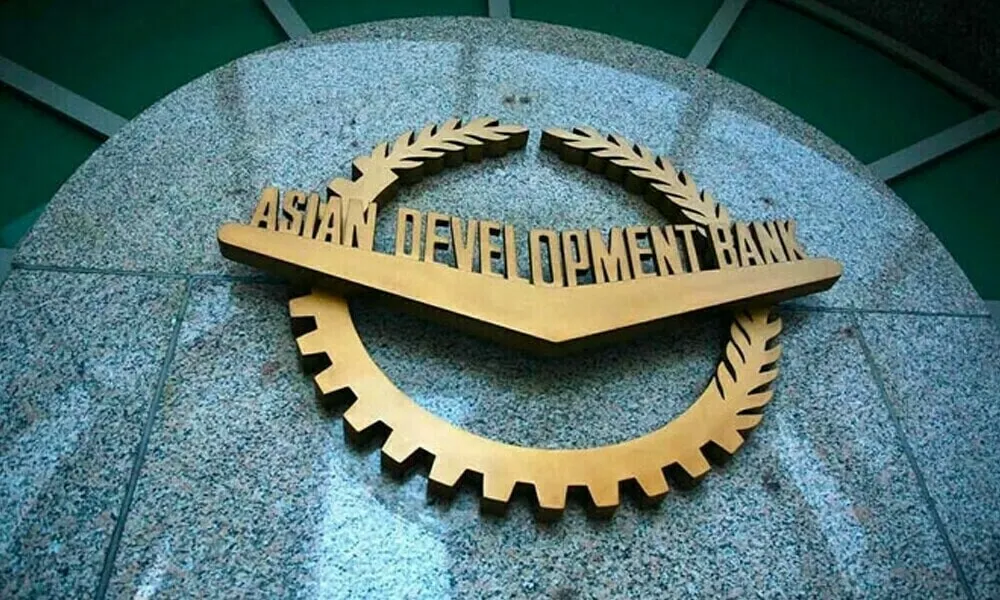In a forward thinking step to improve work life balance for women teachers, the Punjab School Education Department has revised its transfer policy to facilitate the movement of female teachers after marriage. The move, announced on May 9, 2025, brings significant changes to the e-Transfer Policy 2025, with the aim of fostering family unity and avoiding unnecessary hardships.
This policy revision is being welcomed as a much needed reform that acknowledges the actual difficulties faced by female teachers after marriage, especially those who are posted away from their spouse’s district.
What’s New in the Punjab Teacher Transfer Policy 2025?
The revised e-Transfer Policy 2025 adds specific provisions for married female teachers, making transfers easier on account of marital relocation. Earlier, transfers were hard to come by and limited by season or procedural issues.
Transfer Rights for Married Female Teachers
Married women teachers are now entitled to transfer to the district where their spouse lives or works under the new rules. This is a drastic change from the earlier restrictions when such transfers were granted only during particular rounds or on exceptional grounds.
Important Points:
- Single transfer during service according to spouse’s place of residence or place of work.
- Considered under the “hardship” category to address genuine relocation requirements.
- Applications are accepted throughout the year, rather than fixed transfer rounds.
- Compulsory NOC coordination between concerned districts for inter-division or inter-district transfers.
Hardship Categories – Who Gets Priority?
In order to ensure transparency and uphold fairness, the policy also defines a ranking system for hardship-based transfers. These categories serve to determine the urgency and need of the transfer requests.
Ranked Hardship Categories:
- Divorced, separated, or widowed women
- Differently abled persons
- Teachers with medical conditions
- Widowhood
- Single parents
- Female teachers applying post-marriage
This structure ensures that the most at-risk cases have access to immediate attention, while also acknowledging the significance of marital based relocations.
Year Round Transfer Applications: A Game Changer
Perhaps the most significant change is the elimination of time limits on applying. Teachers were previously allowed to submit transfer applications only during scheduled windows — applications based on the marriage hardship clause can now be submitted at any time.
Benefits of Year-Round Transfers:
- Teachers no longer have to wait for the next cycle.
- Reduces mental and emotional tension due to far-away living.
- Enables timely reunification of families.
- Empowers schools and districts to manage human resources more effectively proactively.
Process for Inter-Division Transfers
For transfers between divisions or districts, the policy now requires active coordination between the sending and receiving education offices. The process involves:
Step-by-Step Inter-District NOC Process:
- Application Submission: Female teacher submits request under marriage hardship category.
- Verification: Present (working) district confirms the request and passes it on.
- Coordination: Receiving district is approached for permission and vacancy confirmation.
- NOC Issuance: Provided that conditions are favorable, an NOC is issued.
- Final Approval: Transfer is carried out and formal orders issued.
The structure assists in standardizing the process of transfer and does away with favoritism, ambiguity, or delay.
Impact on Female Teachers and Schools
The revised policy is expected to relieve large numbers of female teachers in Punjab, who are often subjected to hardship from posting away from their spouse or family.
Implementation & Monitoring
The School Education Department has pledged to keep a close eye on the implementation of the new transfer policy. District Education Authorities have been directed to adhere to:
- Transparent documentation of all cases.
- Uniform NOC and verification procedures.
- Periodic reviews to settle pending or disputed cases.
Oversight Measures Include:
- Online monitoring of transfer requests through the e-Transfer Portal.
- Helpline assistance to female teachers to report delays or grievances.
- Training for district officers on effective management of new categories.
Expert Opinion
Education experts and social reformers have welcomed the revision, saying it is in tune with contemporary HR practices and recognizes the dual roles of women as professionals and members of the family.
Why This Policy Matters:
- Empowers women to ensure professional continuity without compromising family life.
- Reduces teacher turnover and absenteeism due to family stress.
- Serves as a leading progressive example for other provinces and government departments to emulate.
Helpline & Contact Information
For additional clarification or assistance on transfers under the new policy:
- Punjab School Education Department Portal: schools.punjab.gov.pk
- e-Transfer System Portal: sis.punjab.gov.pk
- Support Email: support@sis.punjab.gov.pk
- District Education Office: Contact your local DEO for assistance.
The Punjab Government’s change of the female teacher transfer policy is a historic decision demonstrating an increasing sensitivity to the social burden that female teachers bear. Through permitting round-the-year, hardship-based transfers after marriage, the School Education Department has established a new benchmark in gender-responsive policymaking.
Properly implemented, this policy will not only enhance the individual welfare of teachers but also the overall quality of education within Punjab’s public schools.








